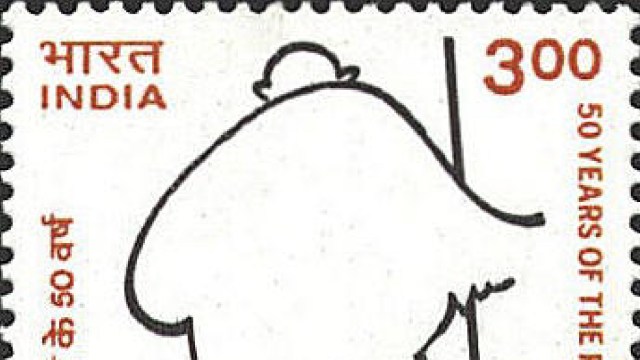Greek To Me: Mapping Mutual Incomprehension

“When an English speaker doesn’t understand a word of what someone says, he or she states that it’s ‘Greek to me’. When a Hebrew speaker encounters this difficulty, it ‘sounds like Chinese’. I’ve been told the Korean equivalent is ‘sounds like Hebrew’,” says Yuval Pinter (here on the excellent Languagelog).
Which begs the question: “Has there been a study of this phrase phenomenon, relating different languages on some kind of Directed Graph?” Well apparently there has, even if only perfunctorily, and the result is this cartogram.
When a Hellenophone has trouble understanding something, his or her preferred languages of reference, as far as incomprehension is concerned, are Arabic and Chinese. And while for Arabs the proverbial unintelligible language is Hindi, for Chinese it’s… the language of Heaven.
For Romanians, the ultimate in incomprehensibility is Turkish, for the Turks its French and the French consider Javanese the acme in huh?
But it is Chinese that, according to this cartogram, is the incomprehensible lingo of (p)reference for almost a dozen other languages, from Greek and Polish to Dutch and Lithuanian. Spanish, Hebrew and Greek are also quite popular, understandably so in the case of the latter two languages (isolate, relatively small languages) but more inexplicably so in the case of Spanish – a world language in its own right.
Which begs the fundamental question: why is language X considered the summit of incomprehension by language Y? Doesn’t that at least require some passing knowledge (or to be more precise, an awareness of the existence) by Y of X?
Mutual incomprehension results from the right mixture of inter-lingual proximity and unintelligibility. In the Middle Ages, for example, when the monks’ knowledge of Greek was waning, they would write in the margin of texts they could not translate, in Latin: “Graecum est, non legitur” (“This is Greek to me, I can’t read it”).
Greek, an elite language even in Roman times(1), has remained the West’s most popular shorthand for gobbledygook throughout the time of Shakespeare, who coined the original expression “it was Greek to me” (in Julius Caesar, Act I, Scene II).

In the comments section of Languagelog are listed a few examples of such close/distant language incomprehension pairs:
- In Italian, one can ask: “Parlo italiano o turco ottomano?” (“Do I speak Italian or Ottoman Turkish?” It has a nicer cadence in Italian)
- One reported German expression for something incomprehensible: “Mesopotamisch”. Another one: “Kauderwelsch” (possibly referring to the Rhaeto-Romance language spoken in Switzerland)
- Older Taiwanese refer to youthspeak, internet slang etc. as sounding “Martian” to them.
- Even Esperanto-speakers have been endowed with their own expression, pointing the finger at another constructed language: “Estas Volapuk al mi!” (“It’s Volapük to me!”)
- In Finnish, “Siansaksa” (“Pig German”) is the word for incomprehensible gibberish. Notice the similar English expression “Pig Latin”.
- In Icelandic, one could say “Þetta er latína fyrir mér” (“This is Latin to me”) or “Þetta kemur mér spánskt fyrir sjónir” (“This looks Spanish to me”).
- “Das ist mir Böhmischer Dörfer” (‘That’s Bohemian villages to me”) – this German reference to the incomprehension (or at least impronouncability) of Bohemian (i.e. Czech) village names is mirrored in the Slovak expression “Je pre mňa španielska dedina” (“(That) is for me a Spanish village”), and in the Slovenian one “To mi je španska vas” (“This is a Spanish village to me”) . Other related expressions, not just dealing with incomprehension so much as just plain chaos, are “Czeski film” (“Czech movie”) in Polish, for a kafkaesque situation, for example in dealing with bureaucracy. German has “polnische Wirtschaft” (“Polish economy”) for a chaotic situation and “Fachchinesisch” for technical jargon.
(1) In Rome of course, not in Greece.
Strange Maps #362
Got a strange map? Let me know at strangemaps@gmail.com.





